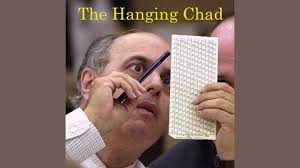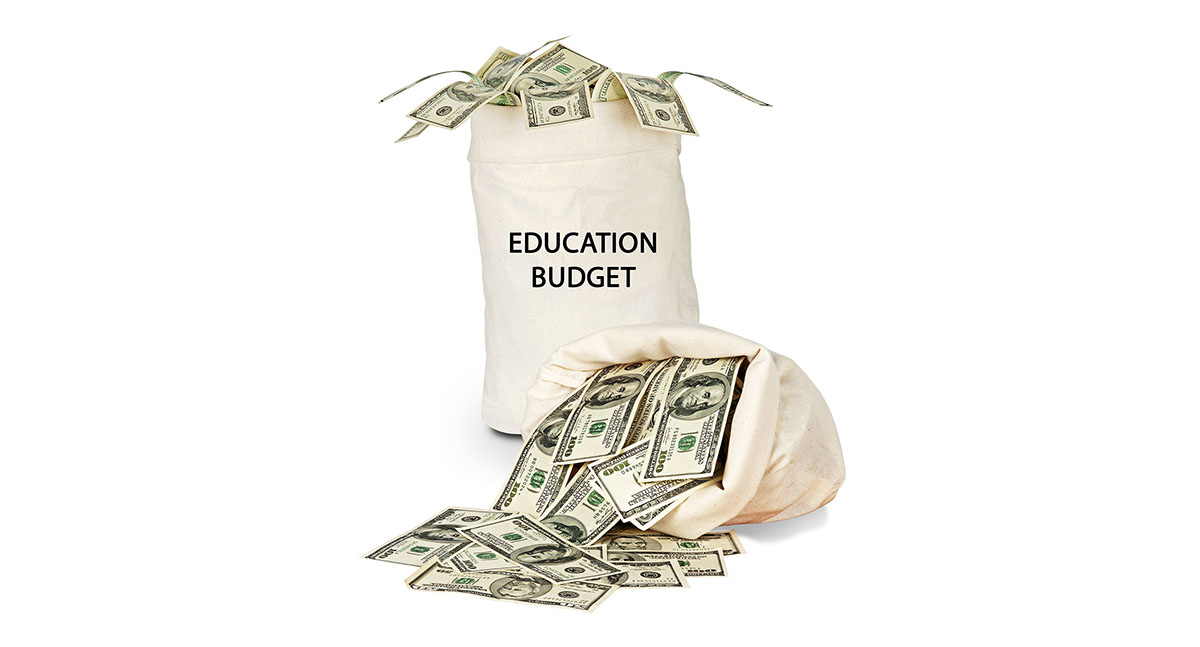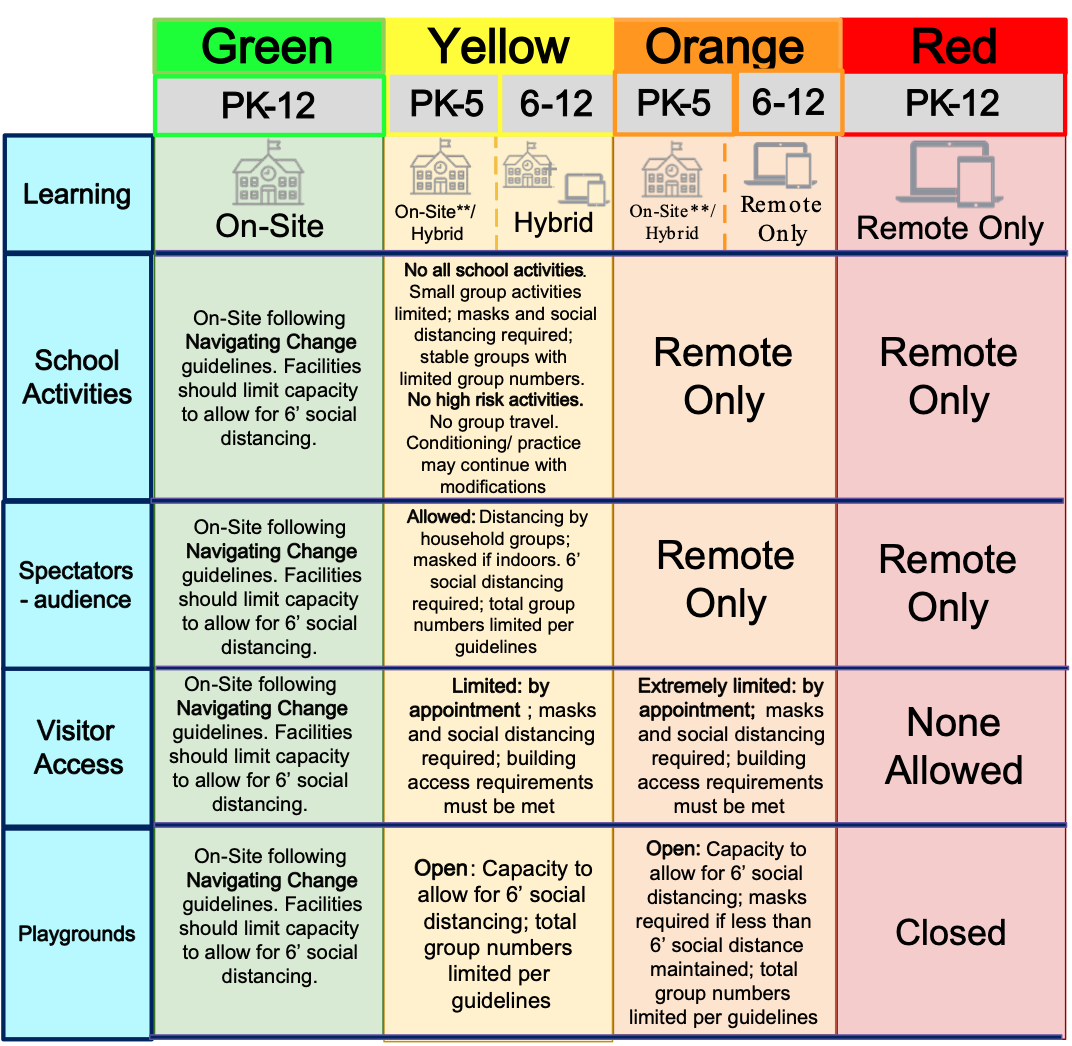As one Republican wag put it, “If Florida had provisional ballots, there’d’a been civil war.” He was referring to the endless counting of Florida ballots in the presidential election of 2000.
The counting of ballots in the Kansas gubernatorial race between Secretary of State Kris Kobach and Gov. Jeff Colyer is more civil–so far–than in Florida 2000 but much trickier. Today, 76 counties begin counting provisional ballots. By August 20, the deadline, all 105 counties will have finished counting.

There are roughly 9,000 provisional ballots to be counted. If they break the way the election did, about 6,000 of them will be Republican ballots. In 101 counties, the chief election officer, an elected position, appoints a bipartisan board of election workers to handle the ballots. In the four most populous counties–Johnson, Sedgwick, Shawnee and Wyandotte–an appointed election commissioner chooses the bipartisan board. Kobach, who has recused himself, appointed those four commissioners.
An individual votes provisionally when poll workers are uncertain of the would-be voter’s eligibility. The vote is placed in a sealed envelope, and before it is opened, the canvassing board will rule on its validity. Only then will the board know in which party primary the vote was cast.
Where this gets complicated, and much disputed, is whether an unaffiliated voter’s ballot will count if that voter failed to complete a party affiliation document on the day he voted. Assistant Secretary of State Eric Rucker wrote in an email late Sunday to county election officers, “If an unaffiliated voter does not complete a party affiliation document, that voter is not entitled to vote at a party primary election.”
On Monday morning, Brant Laue, the chief legal counsel of the governor’s office, said in a letter to the Kansas City Star, “Kansas law requires that provisional ballots cast by unaffiliated voters in a primary election be construed as evidence of voter intent and must be counted.”
Unlike some states, Kansas law is designed to prevent “open” primaries in which one can vote for either party depending on whim. If Colyer’s office prevails in this dispute, the primaries going forward will be all but open.
Then too, the rumor going around was that Democrats were voting in the Republican primary for Kobach thinking that he would be easier to beat in November. If true, even if in only a few hundred cases, the Colyer directive could well end up hurting the governor.
The wag quoted in the headline, who prefers anonymity, believes that Kobach should yield the election to Colyer in any case and concentrate on the Senate race in 2020, a position much better suited to Kobach’s skills and temperament.
In doing so, Kobach would build enormous good will in the party and by campaigning for Colyer in 2018, he would effectively be campaigning for his own senate run in 2020. “Kobach’s career dies in Kansas if he’s elected governor,” says the wag. “For Colyer, Kansas governor is career enough.”



